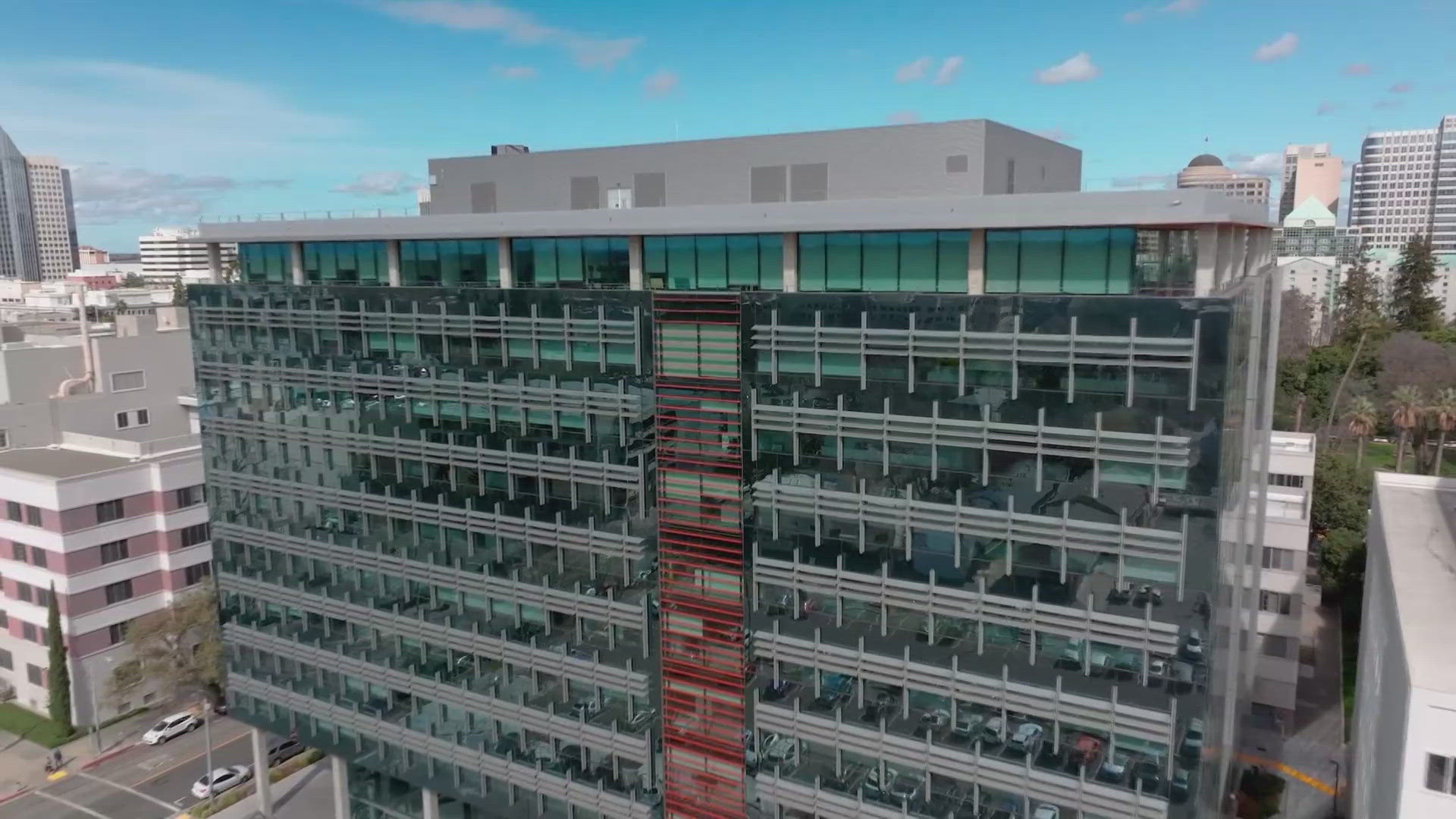SACRAMENTO, Calif. — A new state audit found inconsistencies in the state-funded program for rehabilitating and housing convicted felons, also known as the Conditional Release Program (CONREP) for Sexually Violent Predators (SVP).
It also found the state and contracted company Liberty Healthcare is doing the work to provide help to participants in the program.
"I think we've got some justification for many of the concerns that we've been raising for six years on this CONREP program," said Sen. Brian Jones (R-San Diego).
Jones has been openly critical of CONREP. He requested an audit more than a year ago on the Department of State Hospitals (DSH) and Liberty Healthcare. The state auditor released its 52-page report Tuesday.
The audit found DSH took an average of 17 months to find proper housing for a conditionally released SVP, when state law generally allows for 30 days. It did acknowledge the difficulties in finding housing because of negative community reaction, among other things.
"The report also points out that the state is paying Liberty Healthcare $2,800 a month to find that housing," said Jones.
The report found the state's spending on the program increased nearly 75%. The state spent $6.6 million from 2018-19, but the program costs went up in 2022-2023 to $11.5 million. More SVPs are being rehabilitated and other reasons include the rising cost of housing and private security services.
"This program specifically, of course, the costs are going to go up because there's no oversight," said Jones.
Jones points to the audit finding DSH does not have an effective way to track and monitor Liberty Healthcare when implementing policies and procedures. Some of those policies are also out of date, citing Liberty's contraband policy hasn't been updated since 2011.
In terms of effectiveness, the report says 56 people have been in the program since its start in 2003, with 4% of them reoffending.
"That's 4% too many as I've been arguing. These guys, these SVPs, should never be allowed out of prison," Jones said.
The auditor recommended DSH to establish state-owned transitional housing. It's a model other states, like Washington and Texas, have implemented. In response, DSH says it disagrees with that recommendation, believing it wouldn't speed up the process of finding secure housing and would be a target for community protests.
"That's a preposterous argument because, right now, the way the system works, is as soon as the house is proposed, it's in the public and the neighborhood knows about it," Jones said.
However, DSH agreed to conduct more reviews of Liberty Healthcare, develop a tracking process and save money by conducting some activities internally.
DSH provided ABC10 with this statement:
"The Department of State Hospitals appreciates the work of the California State Auditor in reviewing the Conditional Release Program. The Audit report highlights the success and effectiveness of the CONREP-SVP program in protecting public safety in its acknowledgement of significantly lower re-offense rates than individuals designated as an SVP who do not participate in the program.
The Audit report also highlights the complexity of this program and the challenges DSH and Liberty Healthcare experience, particularly in the process to locate and obtain court approval for placement locations for individuals who were approved by the court to be released to the Conditional Release Program.
The Auditor made several recommendations based on its observations and findings, most of which DSH agreed with and DSH will take steps to implement those recommendations over the course of the next year. For more information, please read DSH’s full response, which is included in the audit report.
Additional background information:
DSH and its contractor, Liberty Healthcare, are committed to protecting public safety while also administering the Conditional Release Program for individuals designated by a court as Sexually Violent Predators (CONREP-SVP), as is required by the SVP Act. DSH’s CONREP-SVP is an intensive community-based treatment and 24-hours per day monitoring program designed to safely integrate individuals designated as SVP back into the community after treatment in a state hospital. CONREP-SVP is the final stage of DSH’s SVP Sex Offense Treatment Program (SOTP) and essential for applying skills learned in DSH’s inpatient treatment modules to community treatment. A court determines whether it is safe and appropriate to conditionally release a person designated as an SVP under supervision and treatment in the community and must approve the location the individual will live.
DSH maintains rigorous oversight of its contractor and their supervision of individuals in the CONREP-SVP program who are living in the community. DSH is also actively involved in the review of proposed community placements, proposed housing options, as well as in the treatment and monitoring of individuals who have already been placed."
WATCH MORE ON ABC10: Sexually Violent Predator Program: What it is, how it works and why it's controversial



















